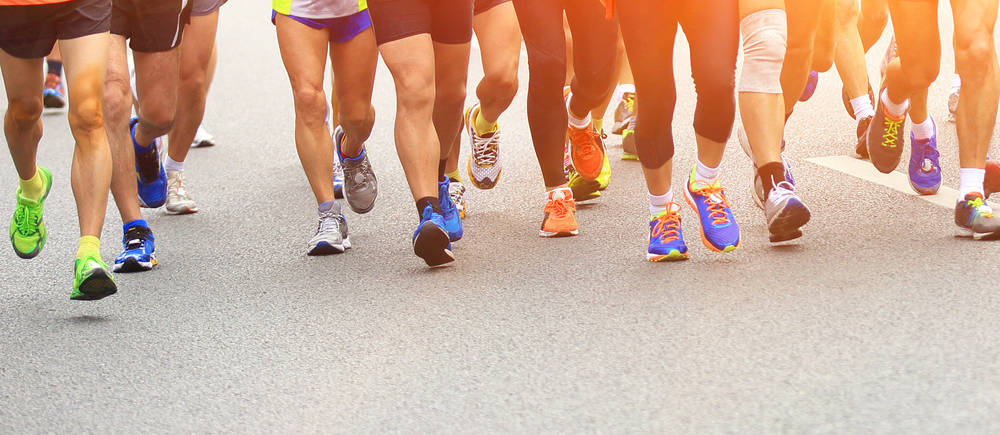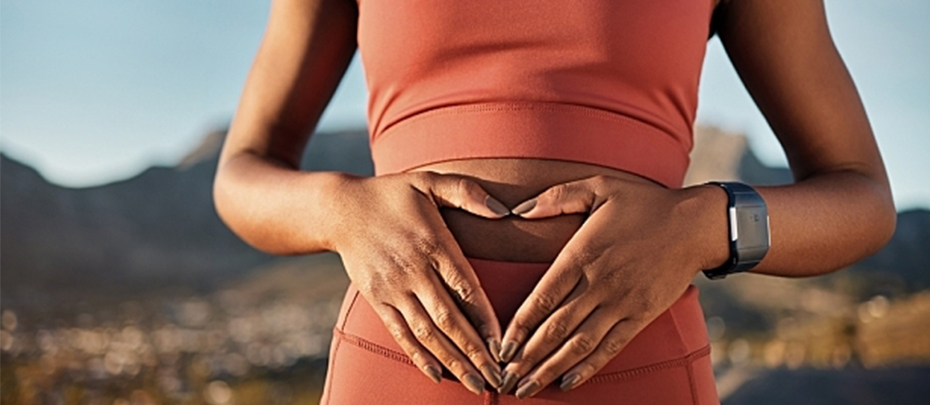Smart Hydration Strategies for Sports
The first step to staying hydrated during sports is to already be well hydrated when entering training or competition. As a general rule, urine color is a convenient gauge of hydration status. Clear or light yellow urine signals adequate hydration — the darker that urine is, the more likely a person is to be dehydrated. Prior to exercise, athletes should also weigh themselves, ideally naked, to know what their weight is when they are well hydrated.
During exercise lasting less than one hour, water may be sufficient for maintaining hydration. Keep track of how much water you consume during your workout; because, this can help you narrow down the best average intake for your unique needs. While preventing dehydration is important, forcing yourself to drink water when you don't want or need it may have adverse effects on performance. One small study of college students published in the Biology of Sport found that exercise performance was negatively impacted by dictated drinking — they performed better when they chose to drink on their own.
If athletic events span more than an hour, occur in extreme temperatures or are particularly grueling, athletes will likely need to take extra steps to maintain hydration. During challenging exercise, athletes can lose 6% to 10% of their body weight through sweat. That's a lot of water, but it's also a lot of electrolytes. In these cases, it's important to consume an electrolyte-containing beverage like Pedialyte to replace fluids and electrolytes in the body.
Pedialyte provides sodium, potassium, and chloride, which are the main electrolytes lost, - as well as some glucose to help carry those electrolytes into the cells of the body. Because it has twice the amount of the key electrolyte sodium as leading sports drinks, Pedialyte is designed to replenish fluids more effectively. The leading sports drinks also have at least twice the amount of sugar as Pedialyte, and that can cause negative gastrointestinal symptoms.
Following exercise, athletes should weigh themselves, again naked (sweaty clothes can weigh you down), with a goal of losing as little weight as possible. Every pound lost between the beginning and end of an athletic event represents roughly 16 ounces of fluids lost. Excessive losses indicate that, during your next workout, you need to drink more. To replenish lost fluids and be prepared for the next game or training session, athletes should drink 1.5 times the amount of fluid that they lost during exercise.
Whether you're an amateur athlete or competing is your job, good hydration is essential to ensuring that you perform at your best every day.




Social Share